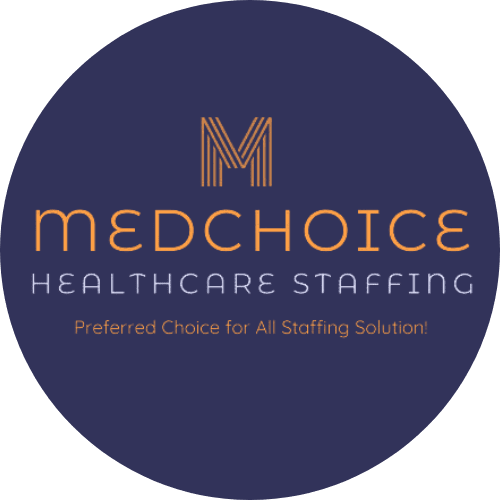RN vs. LPN: Understanding the Key Differences and Roles

Posted on December 28th, 2023
In the dynamic world of healthcare, the roles and responsibilities of registered nurses (RNs) and licensed practical nurses (LPNs) are essential for providing quality patient care. These two professions, while both crucial to the healthcare system, differ in terms of education, scope of practice, and responsibilities. Understanding these key differences is vital, whether you are an aspiring healthcare professional or an institution seeking the right fit for your staffing needs.
The Educational Journey
RNs (Registered Nurses)
Registered nurses undergo extensive education and training. Typically, they hold either an associate degree in nursing (ADN) or a bachelor's degree in nursing (BSN). This comprehensive education equips them with a broad range of clinical and theoretical knowledge, enabling them to provide a higher level of patient care. RNs often pursue specialized areas of nursing, such as critical care, pediatrics, or oncology.
LPNs (Licensed Practical Nurses)
On the other hand, licensed practical nurses follow a more focused educational path. They usually complete a practical nursing program, which typically takes about a year to complete. LPNs receive training in fundamental nursing care, including administering medications, taking vital signs, and assisting with patient hygiene. While LPNs provide valuable support in healthcare settings, their scope of practice is more limited compared to RNs.
Scope of Practice
RNs
Registered nurses have a broader scope of practice, allowing them to perform a wide range of clinical tasks. They can assess patient conditions, develop care plans, administer medications (including intravenous drugs), and provide advanced patient care. RNs often serve as leaders in healthcare teams and are responsible for coordinating patient care.
LPNs
Licensed practical nurses have a more focused scope of practice. They primarily assist with direct patient care, such as taking vital signs, dressing wounds, and monitoring patients' conditions. LPNs work under the supervision of RNs and physicians, providing essential support in healthcare settings.
Work Settings
RNs
Registered nurses have the flexibility to work in various healthcare settings, including hospitals, clinics, long-term care facilities, and home healthcare. Their extensive training allows them to adapt to diverse patient populations and clinical environments. RNs often take on leadership roles and specialize in specific areas of healthcare.
LPNs
Licensed practical nurses typically work in settings that require more basic nursing care, such as nursing homes, rehabilitation centers, and outpatient clinics. They provide valuable assistance in routine patient care tasks, ensuring that patients receive necessary treatments and support.
Maximizing Your Career Potential: A Guide for LPNs
For Licensed Practical Nurses (LPNs) looking to maximize their career potential, several strategies can lead to enhanced professional growth and opportunities. Firstly, consider pursuing additional certifications or training programs that can expand your skillset and scope of practice. Many LPNs opt for courses that allow them to specialize in areas such as wound care, IV therapy, or gerontology, increasing their marketability.
Secondly, networking within the healthcare community is crucial. Building strong connections with colleagues, physicians, and other healthcare professionals can open doors to new job opportunities and career advancement. Attend conferences, seminars, and workshops to stay updated on industry trends and connect with potential employers.
Creating a Winning Resume for Healthcare Professionals
Creating a compelling resume is essential for healthcare professionals, including both RNs and LPNs. Begin by highlighting your educational background, certifications, and any specialized training you've completed. Emphasize your clinical skills and experiences, showcasing your ability to provide quality patient care.
In addition to your qualifications, include relevant work experiences and achievements. Mention any leadership roles, committees, or projects you've been a part of, as these demonstrate your commitment to your profession and your ability to work effectively in a team.
Finally, don't forget to tailor your resume to the specific job you're applying for. Highlight skills and experiences that align with the job description and emphasize your commitment to patient care and safety.
Whether you're an RN or an LPN, understanding the key differences in roles and responsibilities is vital for a successful healthcare career. Each profession plays a crucial role in providing quality patient care, and by maximizing your career potential and crafting a winning resume, you can secure your place in the ever-evolving world of healthcare.
Ready to take the next step in your healthcare career? Contact us at (425) 981-7320 or via email at [email protected] to explore exciting job opportunities and staffing solutions. Our team at Medchoice Healthcare Staffing is here to support your professional growth and healthcare staffing needs.
Contact Us
Let's Begin Your Journey to Success
Ready to take the first step toward your healthcare staffing goals? Share your needs and aspirations with us. Our experienced team is here to guide you to the perfect staffing solutions and career opportunities. Let's embark on this journey together!
